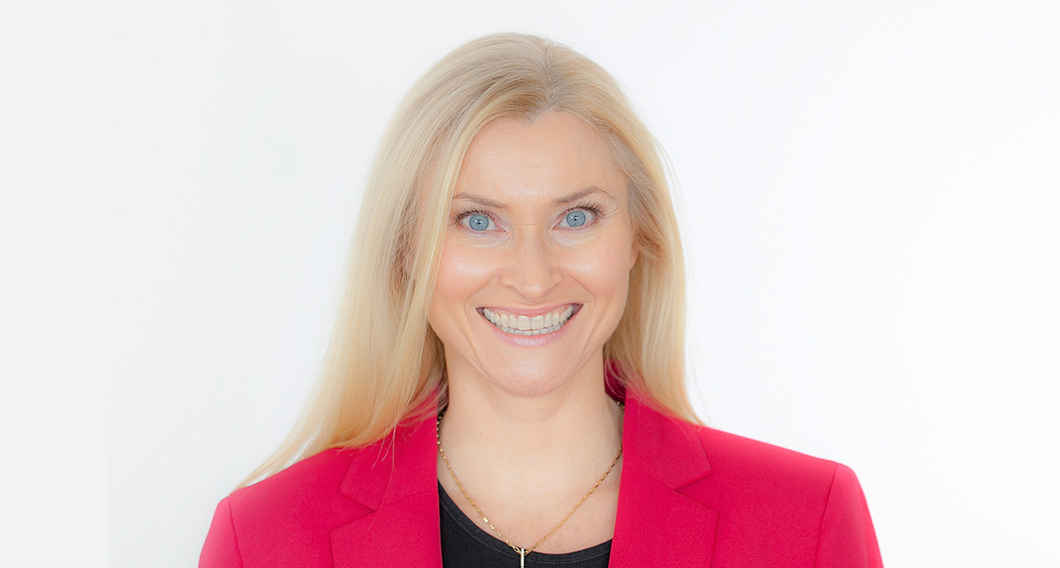Jennifer from Conscious Consulting

Jennifer McVicar
Job title
Director
Organisation
What are you/your organisation currently focusing on in terms of workplace health and wellbeing?
Conscious Consulting is a workplace wellness consultancy that focuses specifically on the needs of professional services firms and the exceptional individuals they employ.
The people we work with are amazing individuals, highly motivated and performance-driven. Their work is intellectually stimulating, but is also stressful, quite sedentary and the hours can be long.
What aspect of workplace health and wellbeing does your organisation do well in?
Because our focus is on the needs of highly motivated, high-performing professionals, we do a lot of work around cognitive fitness, burnout prevention/resilience, stress management/mindfulness, work-life integration, healthy movement and meaning/purpose/mission.
What’s your biggest challenge working in workplace health and wellbeing?
Our challenges are aligned with those faced by our clients, and especially by the people who are responsible for delivery of workplace wellness programs within their firms. We need to provide programs that pique interest and motivate staff to participate, and then back it up with great content that staff enjoy and find valuable.
Our programs also have to be evidence-based and address the issues senior management are most concerned with – engagement, productivity, absenteeism, turnover and attracting the highest quality grads and laterals.
How does WayAhead Workplaces add value to your organisation’s health and wellbeing program?
WayAhead Workplaces provides fantastic professional development opportunities, as well as a supportive community of people who are equally passionate about enhancing the health and wellbeing of people at work.
How do you deal with stress?
I have never been a naturally active or sporty person, but the evidence for the benefits of exercise for stress, mood and sleep is so strong that I have an iron-clad, non-negotiable commitment to daily exercise to keep my head on straight and help me sleep well.
What are the key issues and considerations for people in workplace health and wellbeing roles?
Being responsible for workplace wellness in your organisation can be a tough gig. Workplace wellness a “cost centre”, and the return on investment isn’t always readily apparent to senior management, particularly for new initiatives.
Key considerations are:
- Value for money: making sure you are optimally allocating your budget and resources;
- Engagement and participation: finding wellness programs that staff are excited about and motivated to participate in; and
- Demonstrating ROI/VOI: delivering the benefits senior management are seeking from the program – employee engagement and productivity, reduced absenteeism and staff turnover, and attracting the highest quality grads and lateral hires.
Workplace wellness roles can be “lonely” too, especially if you are the only person in your firm championing the cause. My advice is to build your workplace wellness support network. Join WayAhead Workplaces, attend the meetings, forge new relationships, and don’t be shy about reaching out when you need someone to brainstorm or trouble-shoot with.
How do you switch off from work?
I use transition rituals to switch from one headspace to another. I’m currently working from home due to COVID, so my switch-off routine is to change outfits and head outside for a walk.
What is your best time-saving tip?
I have tried all manner of tips and tricks to help me save time and work more efficiently. My most valuable tool, which I have been using for 25 years, is the Eisenhower Matrix. I use it to decide what to prioritise, delegate, schedule for later and eliminate.
What do you think the future of work health and wellness programs look like?
Rather than one-size-fits-all, I think we will see more personalised, “pick-and-mix”/ “choose your own (wellbeing) adventure” programs tailored to the needs of individuals, to support them to enhance wellbeing, engagement and productivity.
There is also a growing understanding of the wellbeing impact of meaning, purpose and the desire to leave a positive legacy. We are starting to see an increase in conversations around this, and I predict this will in the future form a key component of workplace wellness programs in professional services firms.
A third issue that COVID has thrown up, and which is likely to continue as long as professionals are working from home, is how to create community and connection between workers who no longer work side-by-side at the office on a daily basis. Group wellness coaching programs, where 6-20 staff regularly get together (remotely) for facilitated wellness discussions, and to support each other to meet their wellbeing goals, are a great way create and maintain collegiality whilst staff are working from home.